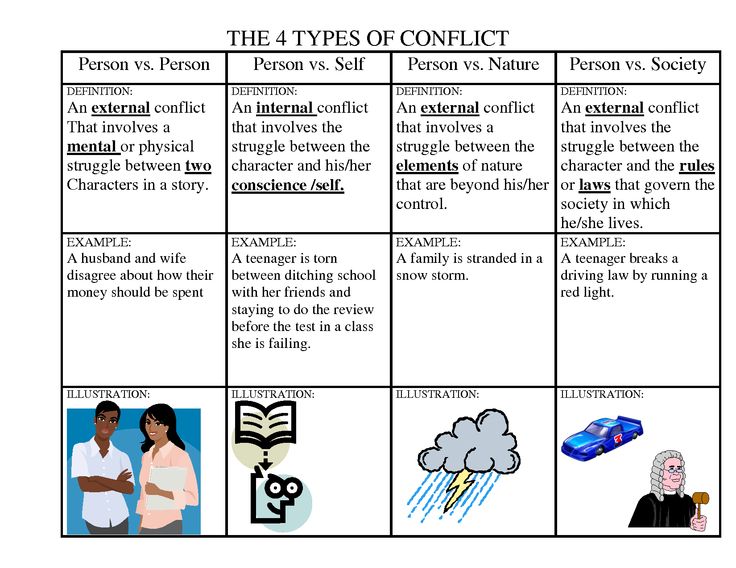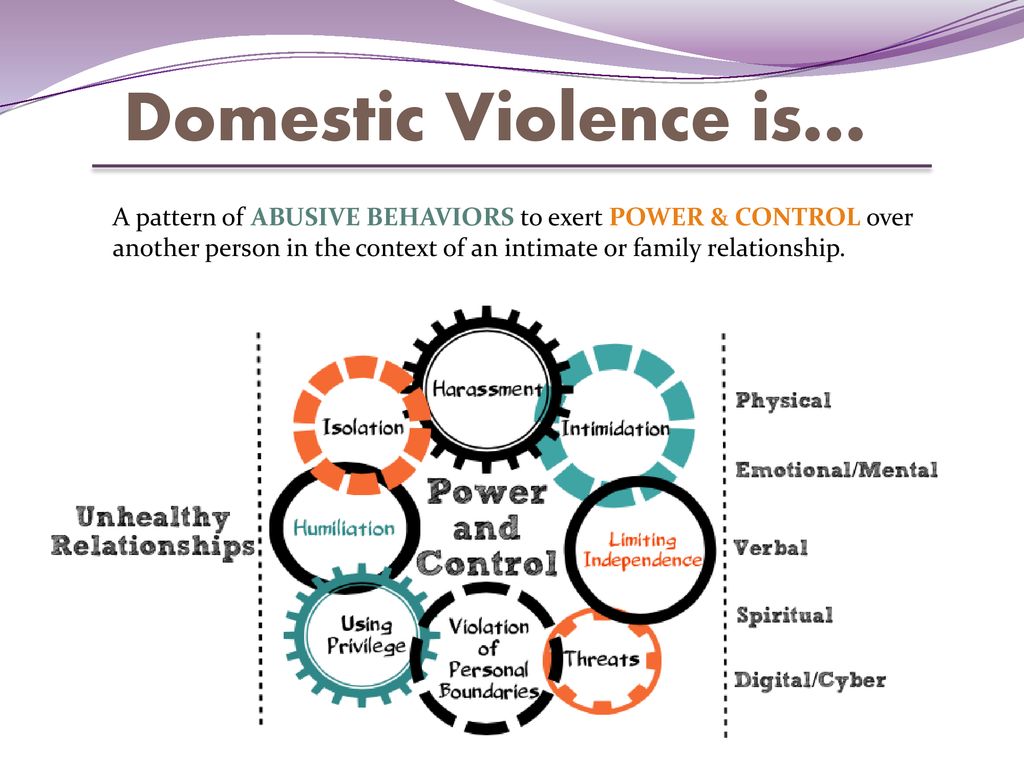Dealing with in laws
10 Tips for Dealing with In-Laws and Setting Boundaries
In-law relationships can be a wonderful part of married life but they can also be stressful. Either way, your in-laws are part of your life. It’s important to work on your relationship with your spouse's parents, including setting boundaries when necessary.
Related: Resolving In-Law Power Plays
Building close relationships with your extended family isn’t always easy. But, learning to get along with your mother-in-law or father-in-law is often worth it for your well-being and your mental health.
Here are some ideas to get you started.
1. Put Your Marriage First
When you got married, you signed up to be a husband or wife, and becoming a son-in-law or daughter-in-law came with the territory.
Always focus on maintaining a healthy relationship with your spouse as the number one priority. You two are a team and should act as a united front when addressing issues with each other’s parents.
2. Enforce Healthy Boundaries
Boundaries are what you will and will not do. You and your spouse should decide together what the boundaries are in your own family. For example, if you value your kids’ early bedtimes, you may not attend evening events, even if it’s your sister-in-law’s birthday.
If your mother-in-law comes for an uninvited visit every day and you don’t enjoy her clinginess, tell her that she’s welcome every other Friday for dinner and let her know you won’t be answering the door otherwise.
Are your in-laws toxic to your relationship? Watch the video for the warning signs:
3. Do Not Confront In-Laws
The rule of thumb is that each of you should address your own parents when issues come up. Confronting your mother-in-law or your father-in-law (or even your sister-in-law) sets the stage for drama because it makes you out to be the bad guy.
4. Let Go of Expectations
Most of us have a picture in our minds of what our father-in-law or mother-in-law will do for us and our children. But, that just isn’t always real life. At the end of the day, we cannot control other people.
But, that just isn’t always real life. At the end of the day, we cannot control other people.
Try not to focus on what you wish your in-laws would do or be. Even if it’s hard, dropping expectations completely can help you find ways to appreciate the little things. Your in-laws might not babysit every Friday so you can have a date night, but that occasional time that they offer, show your gratitude.
5. Keep Your Cool
In-law relationships can be amazing but they can also be stressful. You may disagree about politics or your in-laws may criticize your parenting. While you have every right to set boundaries and not allow yourself to be belittled, it can be very helpful if you can also exercise good self-control in heated moments.
Taking a deep breath or even stepping out for a few moments can help clear your head so that small conflicts don’t erupt into screaming arguments. Just remember that if something does bother you, bring it up with your spouse later and work together to find a solution.
6. Try to Be Flexible
If you have a good relationship with your in-laws, try to let smaller infractions slide. If Grandma gives your kids too much candy on visits, maybe that is something you can just let go of (and if sweets are a big concern of yours that’s OK too). The point is to try and pick your battles when you can.
If your in-law situation is not so peaceful, this advice also applies. Focus on addressing the issues that matter most while letting less important problems slide.
7. Find a Way to Meet Their Needs
Let’s say your father-in-law wants to be a part of the house-rebuilding you and your spouse are doing together. But, the two of you are enjoying bonding as a couple over this project.
In this situation, consider asking your father-in-law to build a new fence. Now, you have given him a way to participate, but he can’t take over.
8. Avoid Hot Topics
Try to keep topics like politics, religion, or anything else controversial out of your conversations with your in-laws.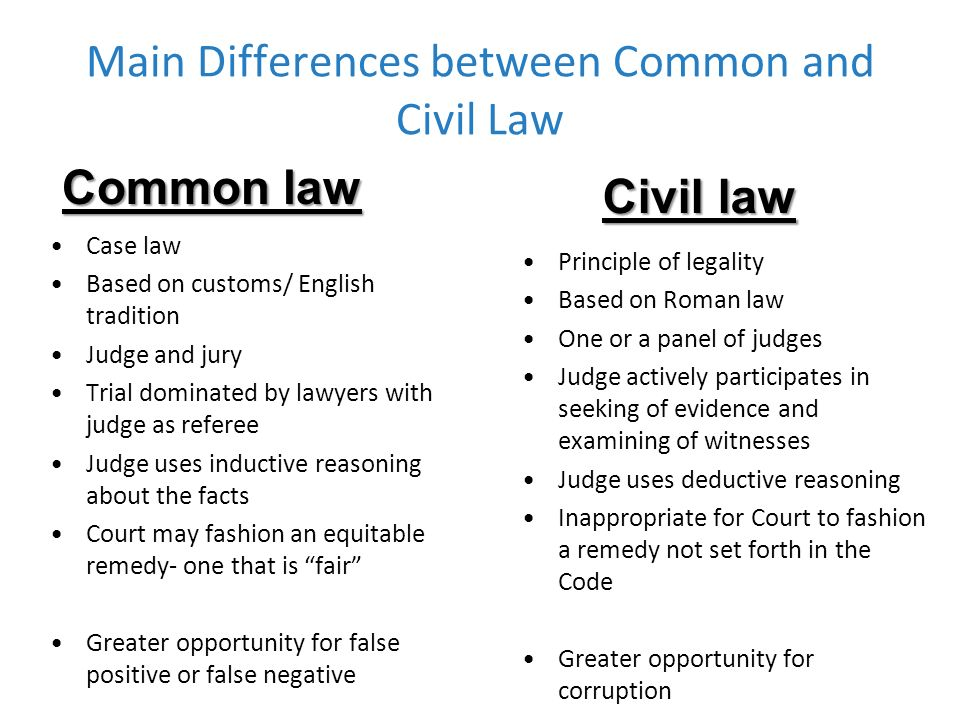 These people are a part of your life and your children’s lives and it’s honestly best to just avoid heated topics.
These people are a part of your life and your children’s lives and it’s honestly best to just avoid heated topics.
9. Look for Common Ground
You might have to be intentional about building a healthy relationship with your in-laws. Try to find things that you can bond over. Maybe your mother-in-law can teach you an old family recipe or you can make it a habit to send your father-in-law videos of your kids.
10. Always Be Kind
Your kids are always watching and listening, so it’s important to value kindness in all your interactions with family members and extended family.
Extend kind greetings to your in-laws and speak in a respectful tone at all times, even if you don’t feel like they do the same to you. No one wins if you try to treat others like they treat you.
–
Do you only see your in-laws on holidays? Or maybe holidays are just super stressful? Check out our tips for dealing with in-laws on festive occasions.
How to Deal With Difficult In-Laws
The thing about people is sometimes we don’t get along; the world just doesn’t work that way. When there’s friction with friends or co-workers, it’s easy enough to cut your losses and move on. But when you’re talking about difficult in-laws, however, the rules of engagement are slightly different. Heaven knows that relationships with in-laws provide plenty of fodder for the internet, not the least of which is an endless stream of jokes and stories about how mothers-in-law ruin marriages.
When there’s friction with friends or co-workers, it’s easy enough to cut your losses and move on. But when you’re talking about difficult in-laws, however, the rules of engagement are slightly different. Heaven knows that relationships with in-laws provide plenty of fodder for the internet, not the least of which is an endless stream of jokes and stories about how mothers-in-law ruin marriages.
Alas, for better or for worse, in-laws are a part of your life. Plus, there’s also a high probability that your spouse is quite fond of their family, so that means you’ll have to find your way to like them, too. Whether it’s a clash of personalities or a little bad blood from last year’s holiday party, at the very least, you’ll have to figure out how to co-exist and keep the peace.
Ahead, we’ll take a look at how to deal with difficult in-laws and what you should do when family dynamics become problematic and affect your relationship.
Signs Your In-Laws Are Impacting Your Relationship
It’s no secret that family dynamics can affect our health and well-being. Great relationships based on mutual respect bolster us, whereas difficult relationships are often a source of stress and frustration. Unfortunately, rocky relationships with in-laws can affect our marriages, too. Over time, they can take a toll on even the strongest marriages.
Great relationships based on mutual respect bolster us, whereas difficult relationships are often a source of stress and frustration. Unfortunately, rocky relationships with in-laws can affect our marriages, too. Over time, they can take a toll on even the strongest marriages.
When asked about warning signs that your in-laws are impacting your relationship, licensed marriage and family therapist Billie Tyler notes that when couples spend a disproportionate amount of time discussing issues with the in-laws, that could be a sign of trouble. Tyler offers, “If most of the discussion between a couple is spent arguing or even just talking about parents, it is probably causing strain on the relationship. If one or both of the partners begin to feel apprehensive or even fearful of interactions that involve the in-laws, this too will take its toll. It may even lead to avoiding the topic altogether, which is also harmful.”
Meet the Expert
Billie Tyler is a licensed marriage and family therapist who specializes in working with couples and adult family relationships.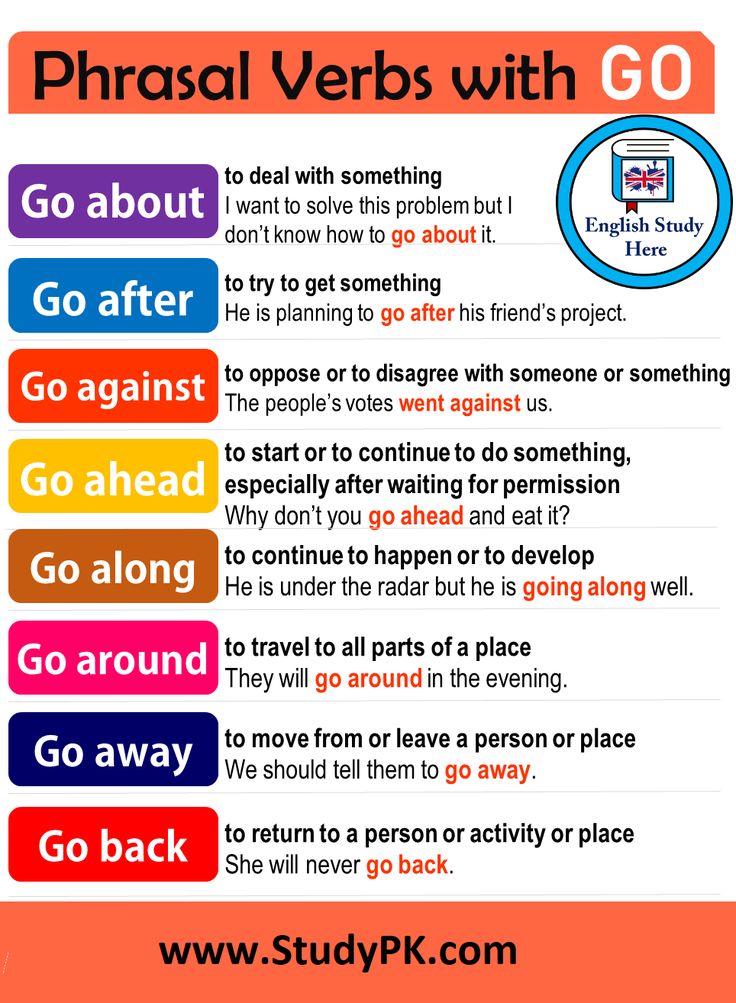 She has been practicing for over five years in Spokane, Washington.
She has been practicing for over five years in Spokane, Washington.
How To Deal With Difficult In-Laws
Like it or not, in-laws are a part of life. No one says this will be easy, but take heart and know that mothers-in-law that ruin marriages are not a given and there are several ways to deal with difficult in-laws.
Maintain a United Front
When dealing with difficult in-laws, you and your spouse must stand by each other and keep the lines of communication open, no matter what happens. Tyler shares, “Couples must lean into each other, and decide together what their stance is about the role the in-laws play in their relationship. Even if things do not change much with the in-laws, the couple will feel better, and they can navigate the challenges more easily because there is security in knowing they have each other’s back.”
Establish Boundaries and Stick To Them
In order to keep the peace (and your sanity), it’s important to set boundaries, set them sooner than later, and stick to them. When in-laws (or anyone for that matter) are given too much latitude, things can quickly get out of control. Don’t be afraid to set clear limits. If weekly Sunday brunches are a bit much, think about knocking it down to once a month. If money matters or unsolicited parenting advice are off the table, then say so.
When in-laws (or anyone for that matter) are given too much latitude, things can quickly get out of control. Don’t be afraid to set clear limits. If weekly Sunday brunches are a bit much, think about knocking it down to once a month. If money matters or unsolicited parenting advice are off the table, then say so.
Don’t Ignore the Problem
Ignoring a problem until it goes away is not a good answer for any issue, including those with your in-laws. Tyler shares, “Turning the other cheek can seem like an easier choice for many. However, it’s kind of like kicking the can down the road. Eventually, someone would reach a big pile of cans that they have to climb over. If you’re struggling with your in-laws, you may want to actually lean into the discomfort and try and put yourself in their shoes.”
To deal with difficult in-laws, Tyler encourages empathy. “To create a path towards harmony, time must be spent to try and understand the perspective of each person involved. Curiosity and empathy must be the lead in all pursuits of peace. If everyone can feel understood, there is more room for flexibility and change to happen in these relationships.”
Curiosity and empathy must be the lead in all pursuits of peace. If everyone can feel understood, there is more room for flexibility and change to happen in these relationships.”
Once you figure out where the hostility is coming from, that could make a world of difference in the dynamics of the relationship.
Communicate Directly With the Offending Party
One of the worst things you can do is put your spouse in the middle of the fray. Whenever possible, speak to your in-laws directly. Be honest and clear about what’s bothering you, but don’t make your spouse the intermediary. Over time, this can lead to resentment and put an unnecessary strain on your marriage.
Try To Avoid Knee-Jerk Reactions
When your in-laws say something offensive or out of line, your first instinct may be to return fire. Rest assured, the only thing you’ll accomplish here is escalating the situation. Instead, try to steer clear of knee-jerk reactions. When your in-laws cross the line, try to give yourself some distance before addressing the situation. Whether it’s a few hours or a few days, a little breathing room can give everyone some time to temper their response. In the end, you’ll likely find that your conversation is far more productive.
Whether it’s a few hours or a few days, a little breathing room can give everyone some time to temper their response. In the end, you’ll likely find that your conversation is far more productive.
Life can be pretty stressful when family members don’t live in harmony. Remember that when you’re on one side and your in-laws are on the other, your spouse is probably the one that gets caught in the crossfire. No one says it will be easy, but there are ways to deal with difficult in-laws. For the sake of your sanity, keep the lines of communication open with everyone, protect your boundaries, and just breathe.
How to Introduce Your Parents and Your In-Laws
Life hacks for dummies. How to teach laws?
Life hacks for dummies. How to teach laws?Rus
- Kaz
- Rus
Registration
Back
04 May 2021
Life hack no. 1 No need to learn
Learning laws is a meaningless exercise. There are a lot of normative legal acts (NLA) - hundreds of thousands, and there are also international treaties.
There are a lot of normative legal acts (NLA) - hundreds of thousands, and there are also international treaties.
Even corporate lawyers, whose activities are narrowly focused (on the main activities of the company, for example), deal with a large amount of information. If we consider, for example, only issues of labor relations, it becomes obvious that even on this topic alone one has to deal not only with the Labor Code, but also with related documents - laws and by-laws - it is impossible to learn them all. Only some of the norms with which a lawyer often works are remembered by heart.
A lawyer must be familiar with legal acts, be able to find the necessary norms applicable to a particular situation. Technology helps a modern lawyer to find the necessary legal acts and track changes.
Lifehack #2. Reading intelligently
So, it is enough to read legal acts, but you need to read intelligently. Each norm carries a load - legal and logical.
One or another aspect may consist of several norms of one or more related legal acts.
When reading, I recommend that you immediately imagine how the norm can be applied or was applied earlier in your work or life, immediately (without delay) go through active links - find and read related information, building in your head a general picture of the rules of law for that or another topic/situation. Thus - by associations and understanding - information is assimilated by itself, and not fragmentary, but holistic data, and pops up in memory at the right time.
Lifehack #3. Technology to help
Lawyers have not used paper documents for a long time. There are information systems (IS) of normative legal acts. The information in them is updated daily.
In IS, you can search for the necessary rules “according to the situation”; directly in the NPA, for example, there are links to related documents.
In the system, you can add documents that are often used in your work to "favorites" and organize them by topic, mark them for change control. Further, the IS informs the user by means of push notifications on the platform itself and / or by e-mail that changes have been made to the selected / marked for control ABOs.
Further, the IS informs the user by means of push notifications on the platform itself and / or by e-mail that changes have been made to the selected / marked for control ABOs.
Also, information systems in news feeds generally inform the user about new, changed legal acts or planned changes.
Life hack No. 4. Interpret correctly
In order to correctly understand the meaning of the norm, it is necessary to take into account the terminology used in the norm, which, as a rule, is placed at the beginning of the document, or the norms that list or clarify some general aspects.
When interpreting legal acts, it must be remembered that the norms of the law must be interpreted in accordance with the literal meaning of their verbal expression. Partial withdrawal of a phrase from the associated semantic block (“pulling out of context”) is not allowed.
In order to better understand the rules of law, one must understand the general principles of law, and sometimes, in order to clarify the exact meaning of a rule of law, it is necessary to take into account the historical conditions for its adoption.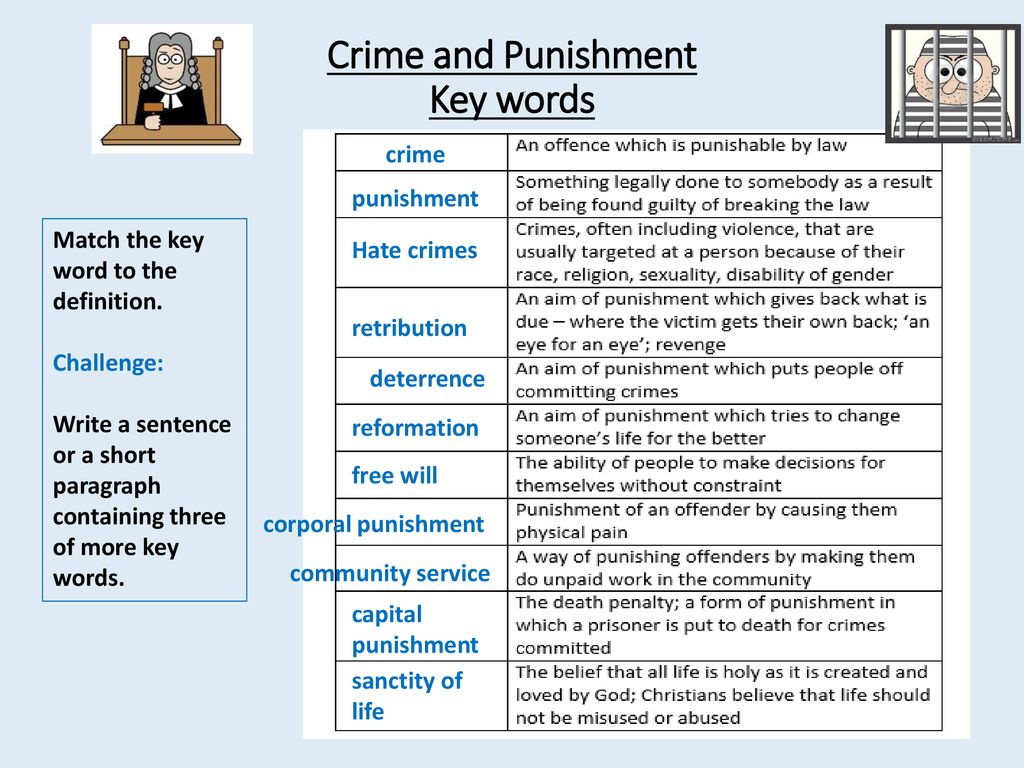
SHARE:
Alexander Vereshchagin: Scope of the Magnitsky Act
The 1977 law will allow the US to interpret the Magnitsky Act broadly. President Carter addresses the US Congress / AP
Much has been written about the American Magnitsky Act, but not all. This is the scope of this law. Upon closer inspection, it turns out to be much wider than at first glance.
The USA is a country that does not hesitate to make its laws extraterritorial if it considers it necessary, despite the objections of other states. Such extraterritorial norms include US sanctions against countries such as Iran, North Korea, Cuba and Syria. It is curious that the Russian state, while speaking disapprovingly of such sanctions through the mouths of diplomats, in reality sometimes only benefited from them. One can only guess what a multi-billion dollar bonus Gazprom received from sanctions against Iran, which has the second largest gas reserves in the world. It is clear that without these sanctions, the price of gas on the world market would certainly have been significantly lower. The same applies to oil prices.
It is clear that without these sanctions, the price of gas on the world market would certainly have been significantly lower. The same applies to oil prices.
However, one should not think that the extraterritoriality of American laws is always based on sheer force. America wouldn't be America if it didn't try to appeal to principles. In the case of the Magnitsky law, probably the most mundane of them applies: the so-called effects principle - the right of the state to regulate relations outside its borders, if these relations in one way or another affect the situation inside this state (for example, if the monopoly collusion of foreign companies affects its domestic market). Among the investors of the Hermitage fund, for which Magnitsky worked, there were many Americans, which means that it can be argued that the whole story affected the economic situation of US citizens.
The key language of the Magnitsky Act gives the President of the United States the power, under the 1977 International Emergency Economic Powers Act, to “freeze and prohibit all transactions in respect of all property and property interests of persons included in the [black] list if the property and property interests are in the United States, originate in the United States, or are or come to be owned or controlled by a subject of the United States. " And among the “subjects of the United States” Magnitsky’s law includes not only American companies themselves, but also, most importantly, their foreign branches (branches) - despite the fact that, in general, they must obey the laws of the country in which they are located.
" And among the “subjects of the United States” Magnitsky’s law includes not only American companies themselves, but also, most importantly, their foreign branches (branches) - despite the fact that, in general, they must obey the laws of the country in which they are located.
As you know, a branch of a company, being an integral part of it, thereby differs from a company controlled by it (subsidiary, grandchild, etc.), which is formally a separate corporation. But does this mean that these prohibitions obviously do not apply to foreign companies controlled by the Americans (foreign subsidiaries)? Formally speaking, the latter are not directly mentioned in the Magnitsky law. However, the concept of "control" used in it is in principle applicable not only to affiliates, but also to subsidiaries - to the extent that US parent companies can effectively control their activities. Moreover, according to the mentioned law 1977, the President of the United States has the right to extend the corresponding prohibitions to "persons within the jurisdiction of the United States", which, under American law, undoubtedly includes foreign companies controlled by American individuals and legal entities.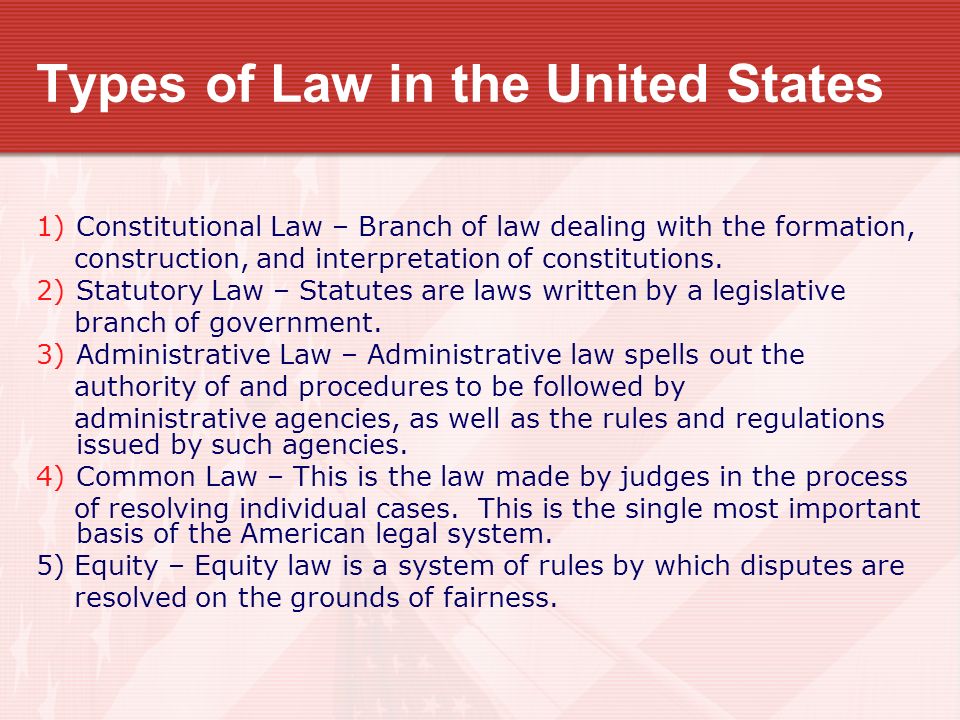 This conclusion is supported by concrete history: before, the United States tried more than once to force European companies controlled by the Americans to comply with their instructions (for example, to refuse certain trade contracts with the USSR at the beginning of 1980s).
This conclusion is supported by concrete history: before, the United States tried more than once to force European companies controlled by the Americans to comply with their instructions (for example, to refuse certain trade contracts with the USSR at the beginning of 1980s).
What does all this mean in practice? This means that even companies established outside the United States, if they have controlling American shareholders, will have to beware of dealing with persons on the “Magnitsky list” (which, I remind you, can include not only participants in the Hermitage case, but also all those who, according to the US administration, was involved in the violation of human rights in Russia). And there are many such companies around the world. Suffice it to say that the largest payment systems - Visa and MasterCard - are controlled by "subjects of the United States" and may well be subjected to appropriate pressure from their side. In fact, not so long ago we already saw an example of such a policy, when MasterCard blocked payments from Europeans in favor of Wikileaks.
Until recently, EU governments and courts have consistently opposed the extraterritorial application of US laws. However, since 2010, there has been a turn in the legal policy of the European Union: when the United States adopted another anti-Iranian law (known under the abbreviation CISADA), which has a strong extraterritorial effect, the EU not only did not declare, contrary to its usual practice, a legal protest, but also fully reproduced these sanctions in its legislation (Council Decision 2010/413). There are serious reasons to believe that in the case of the Magnitsky law, there will be no obstruction from the EU: firstly, the likelihood of a similar act being adopted in the EU itself is quite high and, secondly, economic damage to European investors due to the inability to deal with the defendants. list of Magnitsky” is very insignificant. This is the case when the Americans may well repeat what the unforgettable Viktor Chernomyrdin said: "No one is able to prevent us from exceeding our laws.
